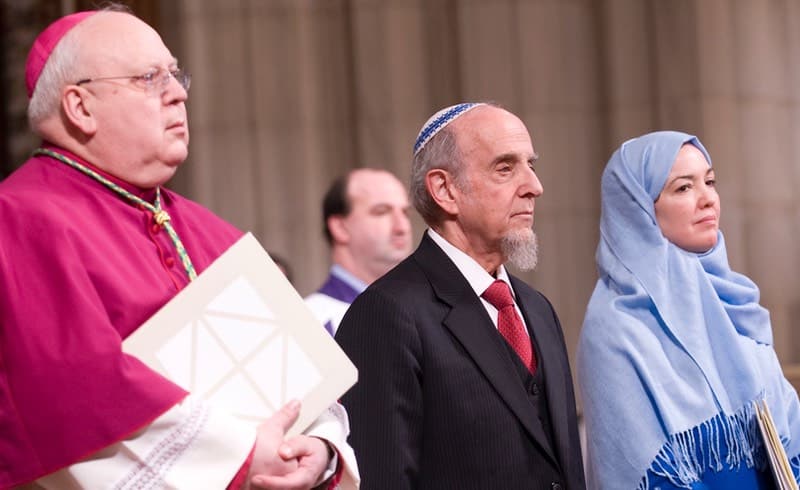July 4, 2020
Paulist Fr. Rich Andre preached this homily for the United States’ Independence Day on July 4, 2020 at St. Austin Catholic Parish in Austin, TX. The Church has no requirement for celebrating Independence Day at Mass, but it suggests a wide selections of readings that can be used. Fr. Rich selected the following readings: Isaiah 58:6-11; Psalm 100; and John 15:9-12.
Is the United States a “Christian” nation? Should the United States be a “Christian” nation? Over the centuries, Americans have offered a bewildering spectrum of definitions of what it means to be a “Christian” nation, so I don’t even know what the phrase means!
One of our nation’s founders, John Adams, signed the Treaty of Tripoli when he was president in 1797. The treaty states: “The Government of the United States of America is not, in any sense, founded on the Christian religion.” Three days before Adams signed the treaty, it was ratified unanimously by the United States Senate without debate. Today, many people cite such documents when they say that in the United States, religion is a personal choice that has no influence in the public sphere. But that doesn’t seem right. When we base our national values on what St. Paul calls “so uncertain a thing as wealth” (1 Timothy 6:17), we allow unnecessary violence, suffering, and injustice to exist in our society. The Church has not always initially been on the right side of every justice issue, but it usually comes around to being a leading advocate for those who are underprivileged. Think of the ministers, nuns, and priests who marched for civil rights in the 1960s. To ignore the needs of our suffering brothers and sisters is un-Christian. When our nation operates at its best, we recognize that injustice is un-American, too.
At the other end of the spectrum, there are people who suggest that the United States should be a nation in which every person is required to profess and practice the Christian faith. This seems much too restrictive. I shudder when I hear people in the United States ridicule the beliefs held by Muslim Americans or oppose the temples built by Hindu Americans. Such intolerance is un-American. Not even ancient Israel – which understood itself to be a theocracy – required all of its residents to follow the Jewish faith. Let’s look again at what Isaiah says that God requires of the people: “setting free the oppressed… sharing your bread with the hungry… [and] clothing the naked when you see them.” God required the Israelites to care for their neighbors, no matter what their religious beliefs. were And over the past two and a half centuries, thank God, most of us have come to understand that religious intolerance is both un-Christian and un-American.
When someone says that the United States is a “Christian” nation, I want to have a long, hard discussion with them to figure out what they mean. As Stephen Colbert said a few years ago, “If this is going to be a Christian nation that doesn’t help the poor, either we have to pretend that Jesus was just as selfish as we are, or we’ve got to acknowledge that he commanded us to love the poor and serve the needy without condition and then admit that we just don’t want to do it.”
Simply put, I wish that the laws of our nation could be congruent with Christ’s great commandment: “love one another as I love you.” When our nation treats everyone with such compassion – whether or not they believe in Christ – the United States becomes a beacon of truth to the world.
The American experiment of democracy has given gifts to the Church – especially a better understanding of religious tolerance. The Church likewise has given gifts to the United States – such as better respect for the weakest members of our community. As the founder of the Paulist Fathers, Servant of God Isaac Hecker, said: “I have the conviction that I can be all the better Catholic because I am an American; and all the better American because I am a Catholic.”
Preview photo credit: Donovan Marks/Washington National Cathedral/CC BY-NC-SA 2.0
